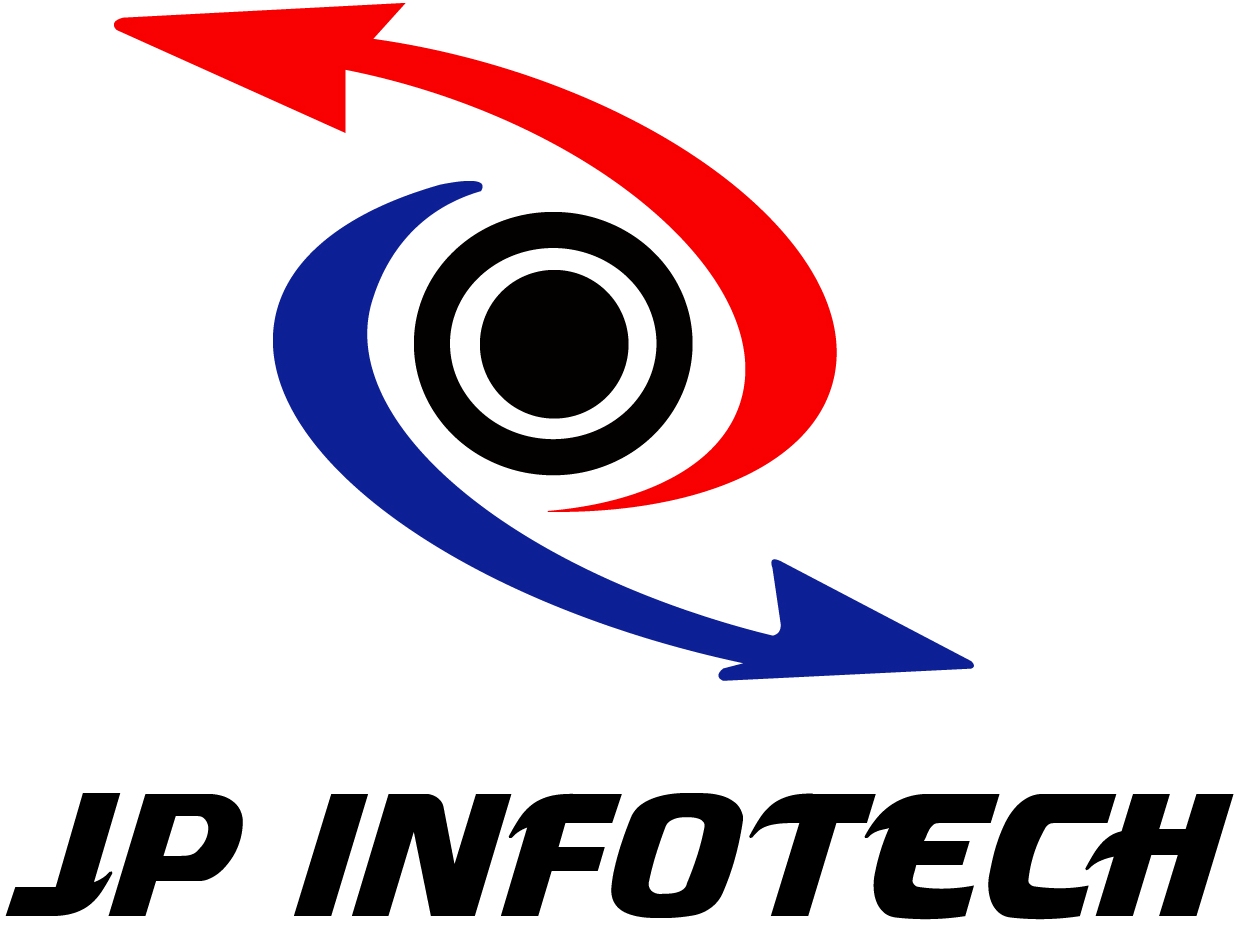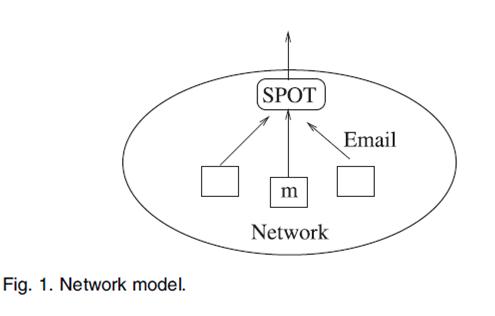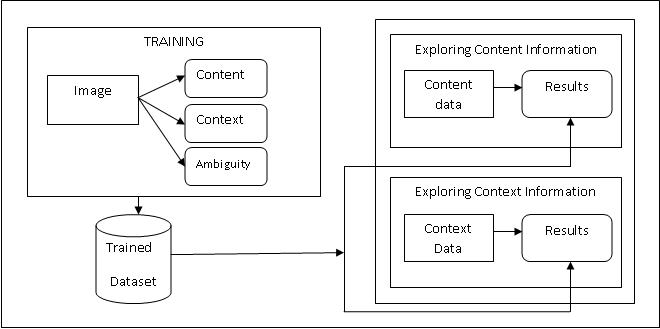A
Secure Payment Scheme with Low Communication and Processing Overhead for
Multihop Wireless Networks
ABSTRACT:
We propose RACE, a report-based payment
scheme for multihop wireless networks to stimulate node cooperation, regulate
packet transmission, and enforce fairness. The nodes submit lightweight payment
reports (instead of receipts) to the accounting center (AC) and temporarily
store undeniable security tokens called Evidences. The reports contain the alleged
charges and rewards without security proofs, e.g., signatures. The AC can
verify the payment by investigating the consistency of the reports, and clear
the payment of the fair reports with almost no processing overhead or
cryptographic operations. For cheating reports, the Evidences are requested to
identify and evict the cheating nodes that submit incorrect reports. Instead of
requesting the Evidences from all the nodes participating in the cheating
reports, RACE can identify the cheating nodes with requesting few Evidences. Moreover,
Evidence aggregation technique is used to reduce the Evidences’ storage area.
Our analytical and simulation results demonstrate that RACE requires much less
communication and processing overhead than the existing receipt-based schemes
with acceptable payment clearance delay and storage area. This is essential for
the effective implementation of a payment scheme because it uses micropayment
and the overhead cost should be much less than the payment value. Moreover,
RACE can secure the payment and precisely identify the cheating nodes without
false accusations.
EXISTING SYSTEM:
The existing payment schemes can be classified into tamper-proof-device
(TPD)-based and receipt-based schemes. In TPD-based payment schemes, a TPD is
installed in each node to store and manage its credit account and secure its
operation. For receipt-based payment schemes, an offline central unit called
the accounting center stores and manages the nodes’ credit accounts. The nodes usually
submit undeniable proofs for relaying packets, called receipts, to the AC to
update their credit accounts.
DISADVANTAGES
OF EXISTING SYSTEM:
PROPOSED SYSTEM:
In this paper, we propose RACE, a Report-based pAyment
sChemE for MWNs. The nodes submit lightweight payment reports (instead of
receipts) to the AC to update their credit accounts, and temporarily store
undeniable security tokens called Evidences. The reports contain the alleged
charges and rewards of different sessions without security proofs, e.g.,
signatures. The AC verifies the payment by investigating the consistency of the
reports, and clears the payment of the fair reports with almost no cryptographic
operations or computational overhead. For cheating reports, the Evidences are
requested to identify and evict the cheating nodes that submit incorrect
reports, e.g., to steal credits or pay less. In other words, the Evidences are used
to resolve disputes when the nodes disagree about the payment. Instead of
requesting the Evidences from all the nodes participating in the cheating
reports, RACE can identify the cheating nodes with submitting and processing few
Evidences. Moreover, Evidence aggregation technique is used to reduce the
storage area of the Evidences.
In RACE, Evidences are submitted and the AC applies cryptographic
operations to verify them only in case of cheating, but the nodes always submit
security tokens, e.g., signatures, and the AC always applies cryptographic operations
to verify the payment in the existing receipt based schemes. RACE can clear the
payment nearly without applying cryptographic operations and with submitting lightweight
reports when Evidences are not frequently requested.
ADVANTAGES
OF PROPOSED SYSTEM:
Widespread cheating actions are not expected in civilian
applications because the common users do not have the technical knowledge to
tamper with their devices. Moreover, cheating nodes are evicted once they
commit one cheating action and it is neither easy nor cheap to change identities.
Our analytical and simulation results demonstrate that RACE requires much less
communication and processing overhead than the existing receipt-based schemes
with acceptable payment clearance delay and Evidences’ storage area, which is
necessary to make the practical implementation of the payment scheme effective.
Moreover, RACE can secure the payment and precisely identify the cheating nodes
without false accusations or stealing credits. To the best of our knowledge,
RACE is the first payment scheme that can verify the payment by investigating
the consistency of the nodes’ reports without systematically submitting and
processing security tokens and without false accusations. RACE is also the first
scheme that uses the concept of Evidence to secure the payment and requires applying
cryptographic operations in clearing the payment only in case of cheating.
In overall we
summarize:
ü Lightweight
payment reports (charges and rewards) without security proof
ü Almost
no cryptographic operations in clearing payments of fair reports
ü Uses
Evidences to solve disputes
ü Reduce
storage via Evidence aggregation technique
SYSTEM ARCHITECTURE:
MODULES:
1) Route establishment
2) Data transmission
3) Evidence composition
4) Payment report composition/submission
SYSTEM CONFIGURATION:-
HARDWARE REQUIREMENTS:-
ü Processor - Pentium –IV
ü Speed - 1.1
Ghz
ü RAM - 256
MB
ü Hard
Disk - 20
GB
ü Key
Board - Standard
Windows Keyboard
ü Mouse - Two or Three Button Mouse
ü Monitor - SVGA
SOFTWARE
REQUIREMENTS:
•
Operating system : - Windows XP.
•
Coding Language : C#.Net.
REFERENCE:
Mohamed M.E.A. Mahmoud and Xuemin
(Sherman) Shen, “A Secure Payment Scheme
with Low Communication and Processing Overhead for Multihop Wireless Networks”,
IEEE TRANSACTIONS ON PARALLEL AND DISTRIBUTED SYSTEMS, VOL. 24, NO. 2, FEBRUARY
2013





